
3 minute read
Smart supplements
These supplements support brain health. Based on your individual risk factors, other supplements may also be helpful.

Advertisement
B-complex vitamins
Taking B vitamins—including vitamin B6, folate, and vitamin B12—throughout young adulthood has been linked with better brain function in midlife.
Citicoline
This is a potent supplemental source of choline, which is needed to make acetylcholine, a brain messenger critical for memory.
Eat For Your Brain
“The importance of diet in preventing dementia cannot be overemphasized,” says Arnold Eiser, MD, adjunct fellow at the Center for Public Health Initiatives at the University of Pennsylvania. He says the Mediterranean diet appears helpful for reducing Alzheimer’s risk.
Mediterranean diet
The Mediterranean diet, which can also reduce your risk of obesity, heart disease, and diabetes—all risk factors for Alzheimer’s—helps brain function by providing protective antioxidants and reducing inflammation.
The Mediterranean diet features olive oil, fish, poultry, vegetables, fruit, nuts, and legumes. It limits highly processed foods, red meat, and sweets.
Ketogenic diet
The brain relies on glucose for energy, but this ability may be impaired for decades before symptoms of Alzheimer’s disease surface. Ketones are a workaround alternative fuel source. The ketogenic (keto) diet, which has been highly studied for brain function, is meant to shift the body toward using fat to make ketones.
The keto diet is a very low-carbohydrate, high-fat diet that, with good planning, can be nutrient-rich and healthy. Many aspects of the Mediterranean diet can be adapted to the keto diet (within carb limits).
Vitamin D
Blood tests show people are commonly low on this vitamin that may help prevent amyloid buildup in the brain.
Dha
Docosahexaenoic acid, an omega-3 fat, is anti-inflammatory and may be particularly beneficial for the brain.


Curcumin
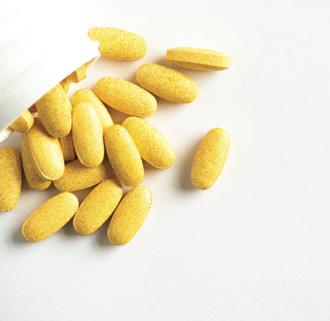
The main active ingredient of turmeric, curcumin has anti-inflammatory actions and may help prevent amyloid buildup in the brain.

Plant-based diets
Healthy plant-based diets have also been associated with a reduced risk of cognitive decline. Vitamin B12, a brain-supportive nutrient, should be consumed via fortified products or supplementation if no animal products are eaten.
Exercise Regularly
Getting regular aerobic exercise—such as moderately paced walking, jogging, cycling, or swimming—may reduce your risk of developing Alzheimer’s disease.
“Aerobic fitness actually causes the memory structures in the brain to grow in size,” says Maraganore. “Exercise increases growth factors in the brain and inhibits age-related nerve cell death.”
In addition, aerobic exercise promotes ketone production to fuel your brain. It may also help your brain better utilize glucose for energy.
New research also suggests strength training (think using dumbbells or weight machines) helps protect brain function.
Optimize Your Sleep
“When you sleep seven to eight hours a night, it may reduce your odds of dementia by slowing the rate that beta-amyloid accumulates in your brain,” says Maraganore. Beta-amyloid plaque can interfere with brain function.

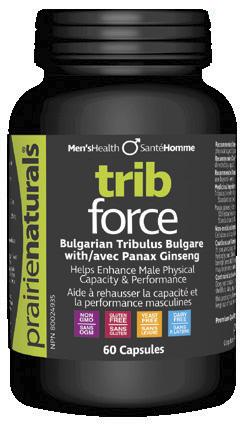





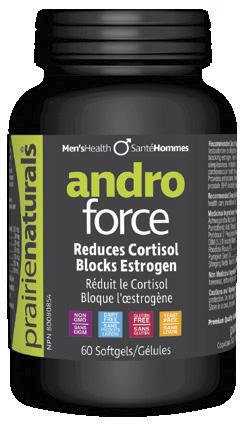

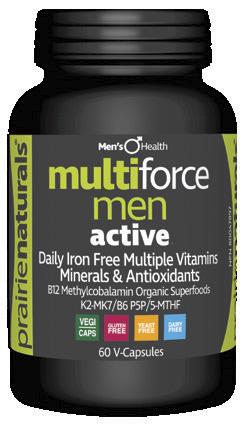





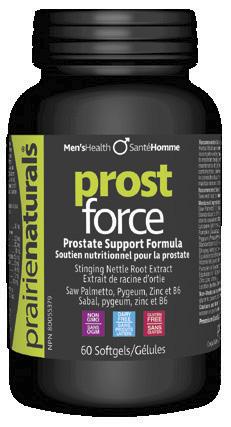
By the numbers
Fine particulate matter consists of tiny inhalable particles, which include heavy metals (such as mercury) and mold. Mold produces toxins (mycotoxins) that can harm your brain.
Finland has the highest death rate from dementia in the world. Eiser says a combination of high exposure to mycotoxins (due to the cold, humid climate and well-insulated homes), mercury-polluted fish, and other toxins may contribute to dementia risk in Finland’s population.
Canadians are also commonly exposed to mycotoxins in their homes. Do-it-yourself tests, such as those from envirobiomics.com and immunolytics.com, can help determine if your home has a mold problem.
Sweat the toxins out
Eiser says working up a sweat, via exercise or in a sauna, can help with detox. To help limit your toxin exposure from personal care products, water, food, and more, he also recommends resources from the Environmental Working Group (ewg.org).
Bolster Your Brain
The more you build up your brain through education and challenging mental activities, the more resilience your brain has against dementia, says Bredesen.
Mental exercises for your brain
Sleep is important for “taking out the trash” that accumulates in your brain during the day. While you sleep, beta-amyloid and other debris are removed via the glymphatic system in your brain.
Be alert to the risk of sleep apnea, which impairs sleep quality and lowers the oxygen available to your brain, says Bredesen. Sleep apnea is associated with more beta-amyloid in the brain and increased risk of Alzheimer’s disease. Loud or frequent snoring is the most common symptom.
Reduce Your Toxin Load
A recent scientific report from the Lancet Commission noted traffic exhaust, second-hand tobacco smoke, and fine particulate matter are among the sources of toxins linked with an increased risk of dementia.
BrainHQ (brainhq.com) is a subscription-based online service offering interactive brain exercises designed by neuroscientists and tested to confirm they help with aspects such as memory and brain processing speed.
You can also exercise your brain with sudoku, crossword puzzles, and the like. Social activities can support healthy brain function, too.
Healthier Brains Ahead
An increasing number of specialty clinics now focus on Alzheimer’s risk assessment and early intervention. Free online resources, such as those at alzu.org, also emphasize prevention.
“We encourage people to get on prevention so that everyone can stay sharp to 100,” says Bredesen. For best results, keep in mind the many facets that can increase your risk of Alzheimer’s, rather than just one factor.











